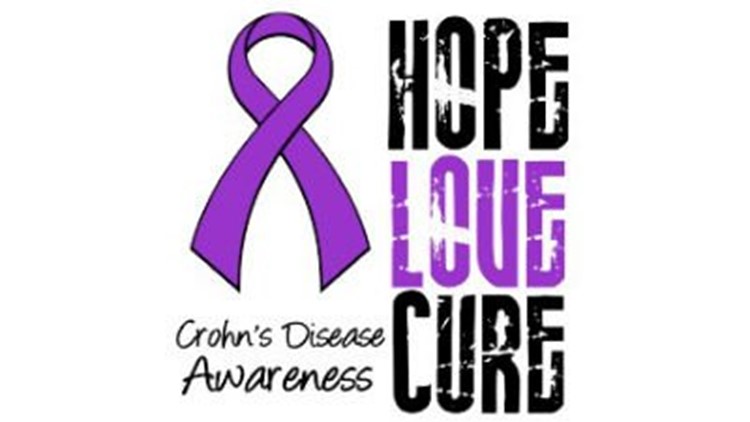(CNN) — We read with great interest Debbi Wynn’s description of her life with Crohn’s disease and commend her for sharing her personal story so that others can learn about this difficult disease.
Far too many people have lived with the ravages of this condition and suffered in silence due to its unique combination of digestive symptoms and socially isolating effects.
Wynn’s tale of pain, repeated surgeries and uncertainty is a sobering look at a condition that remains without a known cause or a medical cure, and appears to be rising in incidence around the world.
However, we want her and others to know that there have been tremendous advances in our understanding of this condition and that our current options and approach to treatments provide much more certainty of success and much less fear of the unknown.
Crohn’s disease is the result of uncontrolled inflammation of the intestines and is quite diverse, depending on the location of the inflammation and the severity of the disease.
The most common location for Crohn’s disease inflammation is the last portion of the small intestine, at the junction where it joins the large intestine, but Crohn’s can involve any portion of the intestinal tract.
Depending on the location, symptoms vary significantly, from diarrhea, bleeding and pain to no symptoms at all — but the disease instead can manifest as anemia, malnutrition or failure to grow and to develop appropriately.
Many patients with Crohn’s disease are diagnosed in their teenage years or young adulthood and have a milder and more limited form of the condition, which is managed easily with available safe and effective therapies.
For those with more significant inflammation, more extensive bowel involvement, or the consequences of malnutrition or delayed growth and development, there have been substantial improvements in our treatments and our ability to monitor their effectiveness, and we have now entered an era of much better disease control and improved outcomes.
In the last 10 years, there has been an explosion of scientific discoveries related to the genetic and environmental causes of Crohn’s disease.
The Food and Drug Administration has approved four additional therapies for the treatment of Crohn’s disease, and most recently, we have adopted a more successful approach to bowel healing and disease monitoring.
These medical advances result in a much more favorable — and predictable — course of Crohn’s disease for our patients. People living with Crohn’s disease should now expect to live their lives with good disease control and able to achieve all that they desire, including having children and a living a normal life expectancy.
The goals of stable disease remission in Crohn’s disease have moved from the previous approach, of purely symptom management and expectant outcomes, to one of objective disease control and healing of the bowel.
We now have the knowledge and the tools to be proactive with our treatments so that we can stop disease progression, prevent relapses, avoid surgeries and significantly improve quality of life.
As with other inflammatory diseases (asthma, rheumatoid arthritis and multiple sclerosis), early treatment and employing an effective maintenance strategy work much better than chasing symptoms and trying to catch up when the disease has progressed and caused damage.
In fact, one of the biggest challenges we now face is getting the word out about these advances, both to our patients and to our colleagues, so that effective interventions can be provided when they make the biggest difference — at the time of diagnosis or immediately following a bowel resection surgery.
In the next two years, we expect at least two new therapies to be approved by the FDA and a substantial amount of additional research to be completed related to the benefit of disease monitoring and individualizing treatments for our patients.
We will continue to look for a cure for this condition, but in the meantime, we want patients with Crohn’s disease, and those who care for patients with Crohn’s, to know that this is a time of immense progress, great successes, and hope for a better tomorrow.
And for those who are living in fear and living with ongoing active disease, we encourage you to learn more, to be part of the exciting progress that is being made, and to seek out expert care and advancements in treatment, so that you can, as Wynn says, win the battle against this disease.



